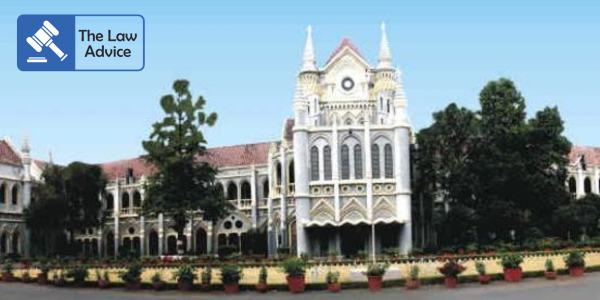
In a significant ruling, the Madhya Pradesh High Court has directed that criminal action be initiated against institutions admitting students without obtaining the necessary recognition from the Bar Council of India (BCI).
The directive was issued while hearing a plea by law graduates who were denied enrollment by the State Bar Council due to their institution's failure to maintain BCI recognition.
The case revolved around certain law graduates who completed their studies at the Central India Law Institute, Jabalpur (Respondent No. 5), which had not renewed its approval with the BCI since the academic year 2008-2009.
The division bench, comprising Chief Justice Suresh Kumar Kait and Justice Vivek Jain, mandated that institutions seeking renewal of affiliation must complete all formalities by December 31 of the previous calendar year, with BCI-related proceedings to be concluded by February 15 of the following year.
The court stated, "With the above directions, we hereby dispose of the petitions by directing the concerned authority that if any institution in future, without having any recognition, gives admission except for academic purposes, criminal action shall be taken against such institutions as per law."
Additionally, the bench acknowledged concerns raised by the counsel for the colleges, who argued that universities often delay the affiliation renewal process beyond December 31, making it difficult for colleges to meet BCI deadlines. In response, the court directed that all affiliation renewal formalities be finalized by December 31, and all BCI proceedings be completed by February 15.
The court noted that the college in question had failed to deposit the requisite fees with the BCI, resulting in its recognition lapse. However, the court emphasized that the students should not suffer due to the institution’s negligence and criticized the BCI for not taking stringent action against such institutions.
The plea argued that the non-renewal of the institution’s approval was never disclosed to the students at the time of admission, thereby jeopardizing their futures. The petitioners sought directions for the BCI to recover renewal fees from the institution, resolve the recognition issue, and facilitate their enrollment as advocates with all consequential benefits.
In its order dated March 7, the court censured the BCI’s practice of granting retrospective recognition to certain institutions even after 20 years. The BCI was instructed to "make its house in order" to prevent institutions from compromising students’ careers.
The court further ordered institutions that had not deposited the renewal fee to do so within one week. The BCI was instructed to then resolve pending renewal cases and direct the State Bar Council to process pending applications for advocate enrollment within two weeks.
Case Title: Vyom Garg & Others Vs. The State of Madhya Pradesh & Others
Case No.: WP No. 2758 of 2025
Website designed, developed and maintained by webexy